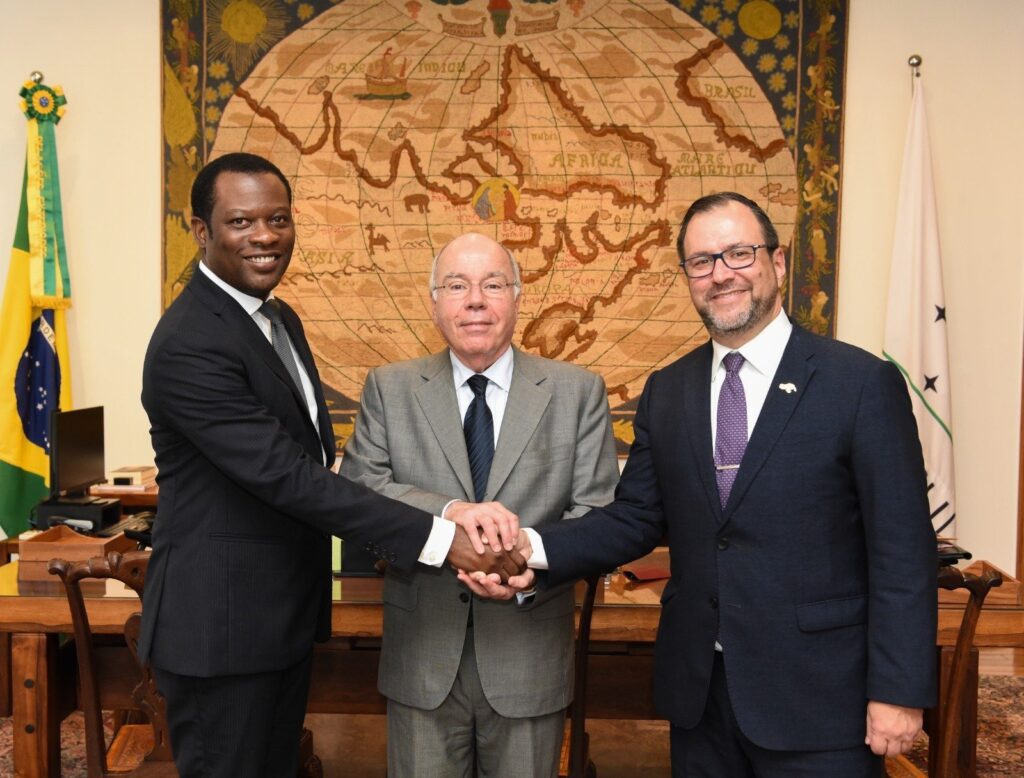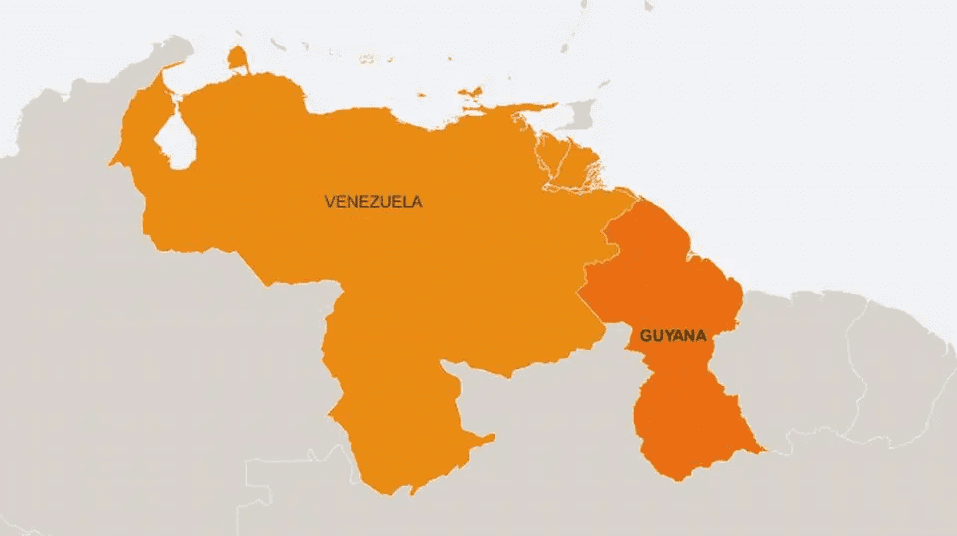Guyana’s Vice President Bharrat Jagdeo said his country has to have a relationship with Venezuela beyond the Essequibo border controversy, and that this is being pursued through the Argyle Declaration. His remarks, made during a Jan. 25 media conference, came against the backdrop of a recent ease in tensions between the two countries, following a commitment to peace in December.

The first meeting since the Argyle Declaration was held at Itamaraty Place, the headquarters of the Ministry of Foreign Affairs of Brazil, In Brasilia. The delegations were led by Guyana’s Foreign Minister, Hugh Todd, and Venezuela’s Foreign Minister, Yván Gil. At the request of the parties, Brazil’s Foreign Minister Mauro Vieira attended the proceedings as the main interlocutor and facilitator, alongside Ambassador Gareth Bynoe of Saint Vincent and the Grenadines, the country holding the Presidency of the Community of Latin American and Caribbean States (CELAC). The meeting was also attended by the Assistant Secretary-General for Political Affairs of the United Nations, Miroslav Jenca, representing the Secretary-General of the United Nations as an observer.
According to a statement from Minister Vieira, Guyana and Venezuela presented their agenda proposals for the work of their joint commission, which will be discussed at a later stage in a new meeting that could also be convened in Brazil. He said they undertook, acknowledging their differences, to continue dialoguing based on the parameters established by the Argyle Declaration, which marks their commitment to peace.
“As we face the wars that are raging in different parts of the world, we have learned to value even more our Latin American and Caribbean culture of peaceful settlement of disputes, the basis of the community of interests that unites us, in a context free of geopolitical tensions of extra-regional origin,” Vieira stated. “I therefore hope that our Venezuelan and Guyanese brothers and sisters will continue to build the necessary trust to think about a common horizon, in which the ties that correspond to good neighbors will contribute to the well-being of both peoples.”

Recent tensions, which included threats and military demonstrations by Venezuela, have de-escalated. During his press conference, Jagdeo reminded of Guyana’s commitment to resolving the territorial controversy with Venezuela at the International Court of Justice (ICJ). He said Venezuela has not been able to prove that the 1899 Arbitral Award, which granted the territory to Guyana, is flawed.
“The outcome should be favorable to us,” Jagdeo said, of the ICJ’s decision. “But even beyond that outcome, we will still be neighbors and we still need to have relationships outside of the border issue.”
Jagdeo said the Argyle Declaration is a foundational step towards fostering good neighborly relations. He pointed to the Declaration’s clause on establishing a joint commission. The commission is set to discuss and determine its agenda, paving the way for broader discussions on key issues such as trade, energy security, and climate.
“We are hoping that some of these elements could be discussed as part of fostering good neighborly relations in the future,” Jagdeo stated.
The recent developments, particularly the Argyle Declaration and the formation of the joint commission, offer an opportunity for a shift to dialogue and cooperation for the South American neighbours.



